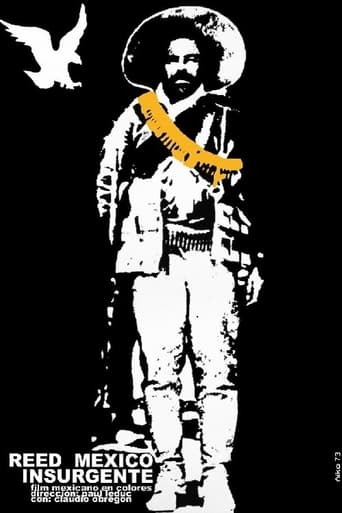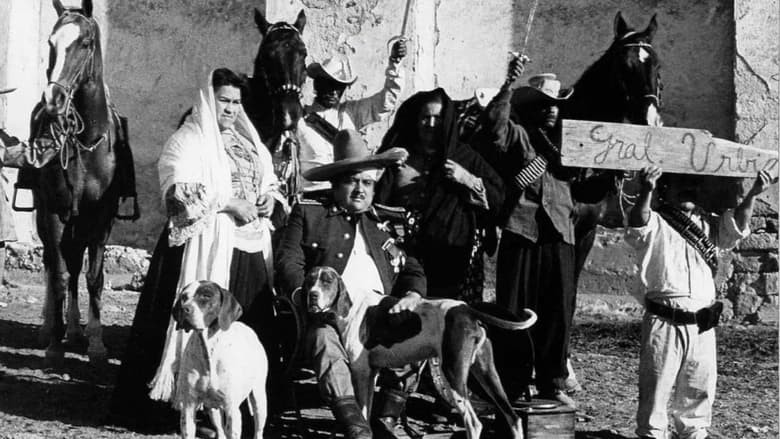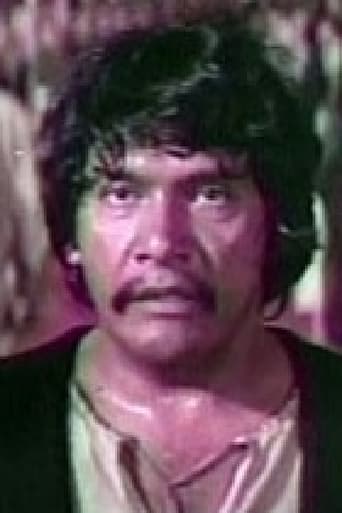

Reed: Insurgent Mexico (1973)
A dramatization of John Reed's newspaper accounts of the Mexican Revolution. Considered the first real film in Mexican cinema to be made on the Mexican Revolution.
Watch Trailer
Cast
Reviews
Ok... Let's be honest. It cannot be the best movie but is quite enjoyable. The movie has the potential to develop a great plot for future movies
There is definitely an excellent idea hidden in the background of the film. Unfortunately, it's difficult to find it.
It’s fine. It's literally the definition of a fine movie. You’ve seen it before, you know every beat and outcome before the characters even do. Only question is how much escapism you’re looking for.
Blistering performances.
In the early 1960s there was a strong film movement in most Latin American countries that originated the so-called New Latin American Cinema. Pioneer countries were Argentina, Brazil and Cuba, but this "new wave" mostly consisted of documentaries and shorts that hardly made it to the screens outside their countries of origin. Then, in Mexico during the 1970s, with the help of the state, and through its powerful distribution machine (the now extinct Peli-Mex), we could see movies by new directors, many graduates from film schools. Among these was Paul Leduc, formed in France, whose first work "Reed: México insurgente", based on John Reed's account of his 1913 travel to México, was acclaimed as the first true portrait of Mexican revolution in a feature. Made independently from Mexican unions (which initially caused it to be banned from screens), using documentary techniques, sparse dialogue, sepia-tinted images, and a more restrained aesthetics than Brazilian film guru Glauber Rocha's wild cinema, Leduc became an icon of renovation, and his movie, a sign of hope for many filmmakers, and an early example of post-modern cinema. This work led to other films by Leduc, which are among the best of Latin American cinema, as "Etnocidio" and especially "Frida: Naturaleza viva", so far the best film based on Frida Kahlo's life and work, with an outstanding performance by Ofelia Medina.
"Reed" has a number of strengths, including its realistic presentation, good B/W photography, and location work.However, the film is exceptionally boring. There are extended (and repeated) shots of Reed doing nothing more than walking or running. Similarly, we see him sitting and bathing for prolonged periods.It's one thing to avoid sensationalism, but to linger on so many everyday actions is a mistake -- even if they are symbolic or somehow representative of the film's themes of cowardice, engagement, etc.In the end, it doesn't add up to much, although there are a few striking moments.6/10


